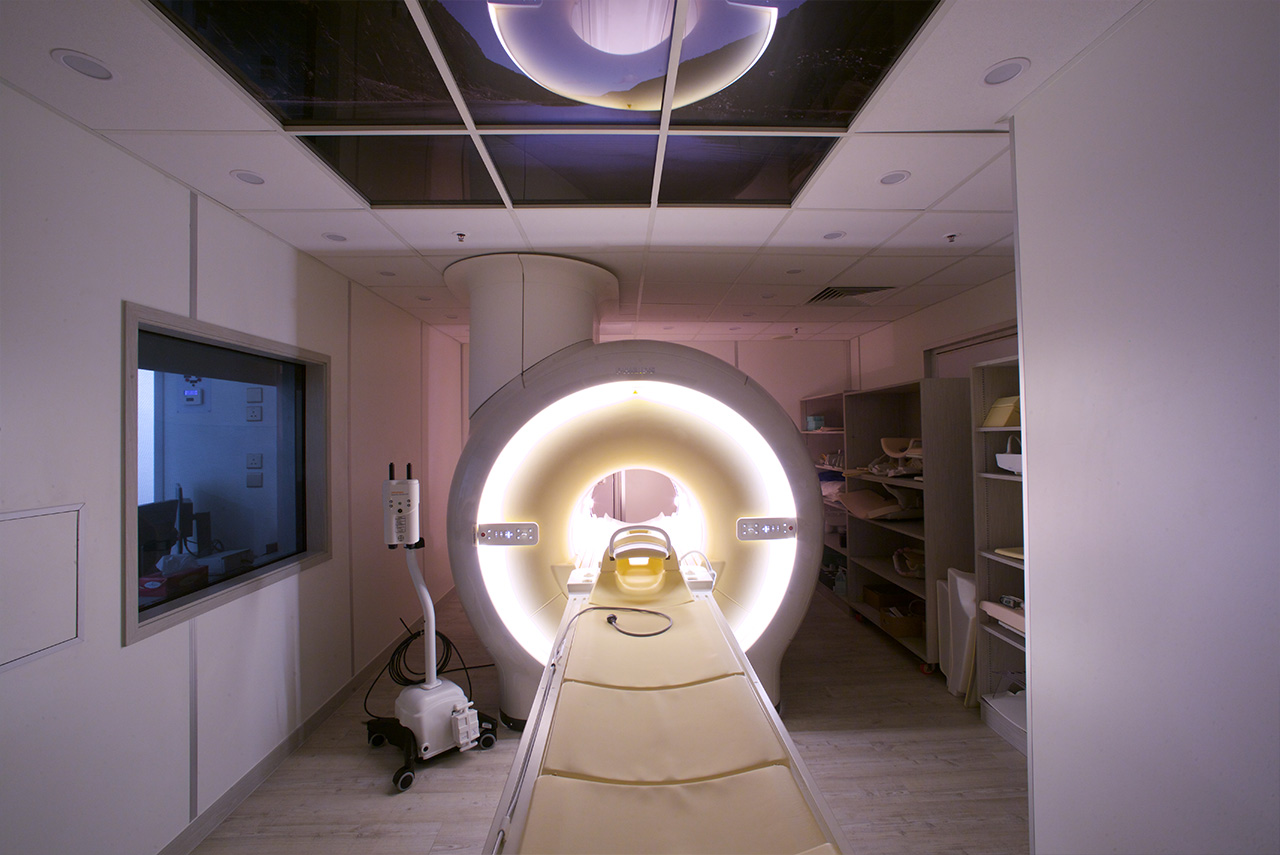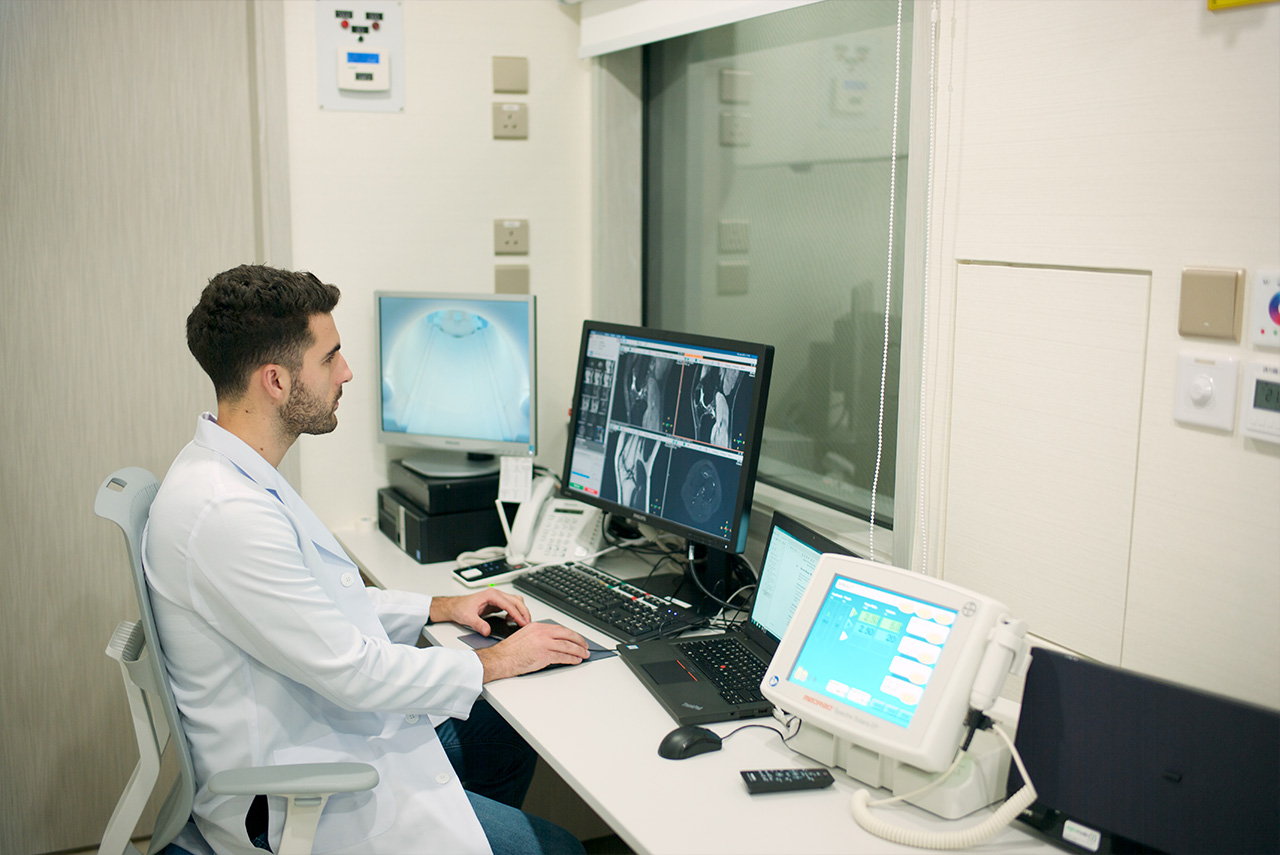Many of us have heard of the MMR vaccine, and most of us will have had these vaccinations as young children to build up some essential immunity to some harsh diseases.
The MMR vaccine treats measles, mumps, and rubella. All of these illnesses are well-known the world over and all of them have painful and uncomfortable symptoms that in extreme cases can lead to death. Immunising the nation against these diseases is so important and it can make a massive difference to the number of cases present in the population.
Today we are going to discuss the MMR vaccine and what illnesses it prevents against.
What is the vaccine composed of?
The MMR vaccine is composed of live measles, mumps, and rubella viruses that have been weakened to ensure they don’t cause major illness to the patient. Unlike bacteria that attack cells from the outside and cause trouble in the body, viruses inject their DNA into our cells and trick our body to make virus organisms before bursting out of the cells and infecting us further. This is why viruses cannot be as easily treated as bacteria and why antibiotics don’t work.
A vaccine can be the key to ensuring a virus is taken care of before it hijacks our cells, and the MMR vaccine protects against 3 distinct and nasty viruses.
What are the illnesses?
Measles is an illness that causes a whole lot of symptoms such as a cough, runny nose, redness, watery eyes, headaches, and fever. When left untreated and in serious cases, this can lead to major issues such as meningitis and even death.
The main symptom of measles is a red rash that covers the whole body, similar in look to chicken pox. There is no treatment for measles other than staying hydrated and resting, as well as ensuring that you don’t scratch the blotches on the skin and cause scarring.
Mumps is an illness that causes swelling in different parts of the body, as well as a rash, fever, headache, and a cough.
The main symptom of mumps is swollen saliva glands on the neck which can cause swelling up to the size of a tennis ball on the side of the neck. This can be incredibly painful and those who have mumps are severely contagious. The more serious cases of mumps can also cause swelling in other parts of the body, and if this swelling reaches the spinal cord it can cause brain damage and even death.
Rubella, also known as German measles, is similar in infection and symptoms to measles. It causes rashes, headaches, and in more severe cases can cause pneumonia.
The main danger of rubella lies if a pregnant woman should contract it. If a pregnant woman gets rubella, she can run the risk of having a miscarriage, and if the baby is born full term it can suffer with some serious birth defects that impact the baby throughout its life.
All 3 of these viruses can be dangerous and even lethal, which is why it is so important for us to take measures to prevent them from spreading.
What the MMR vaccine does
The MMR vaccine protects against three major diseases. When injected into the body our white blood cells will take on the task of creating antibodies that kill off the viruses before they do more harm to the body.
By having weakened forms of the virus injected, it allows our body to build up the immunity without chasing the illness itself to manifest and take over. It is easily one of the safest vaccines out there and one that everyone should take to stay safe and healthy.
Who Should Get the MMR Vaccine?
The first people who will get the MMR vaccination will be children at the ages of 12-15 months old. By protecting the child in this way early on in life, it allows them to build that immunity that they would not have had otherwise. The second dose of this is given to a child at between 4-6 years old.
Adults who do not have evidence of immunity to these illnesses due to a weak immune system or no prior vaccination should be given the vaccination as soon as possible. Some adults will only need 1 dose of the vaccine however some might need 2.
It is important if you have not had the vaccine or you are worried about a compromised immune system to consider booking yourself in for a vaccination this winter.




